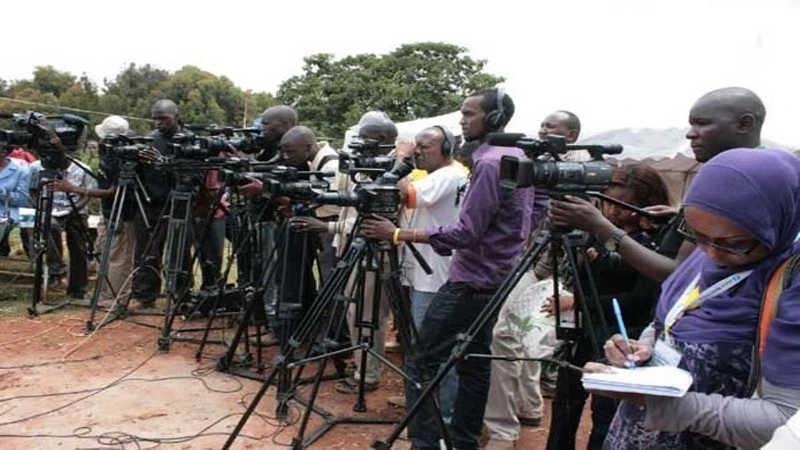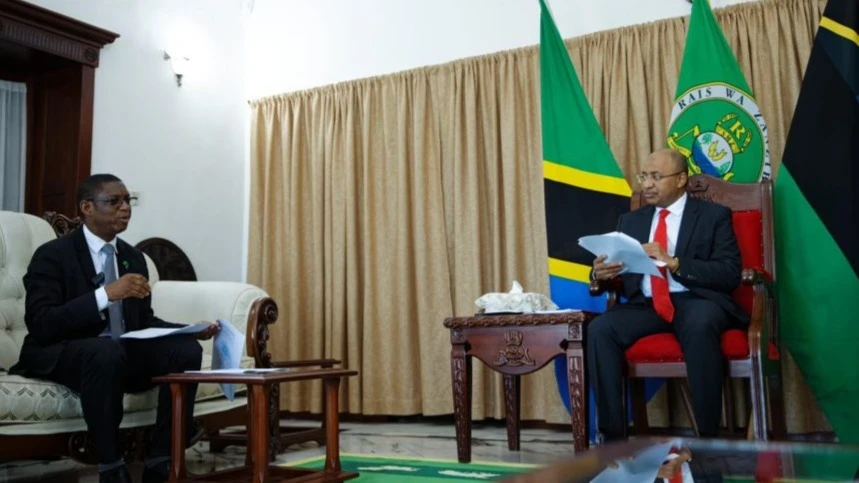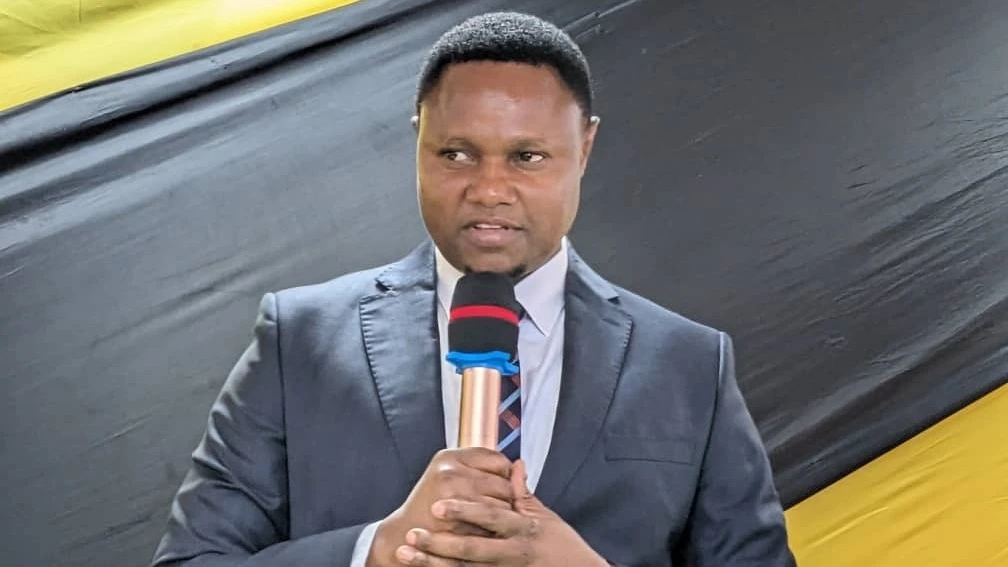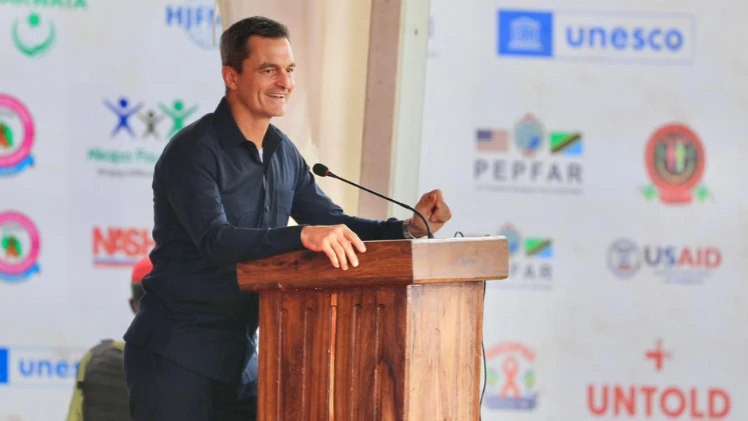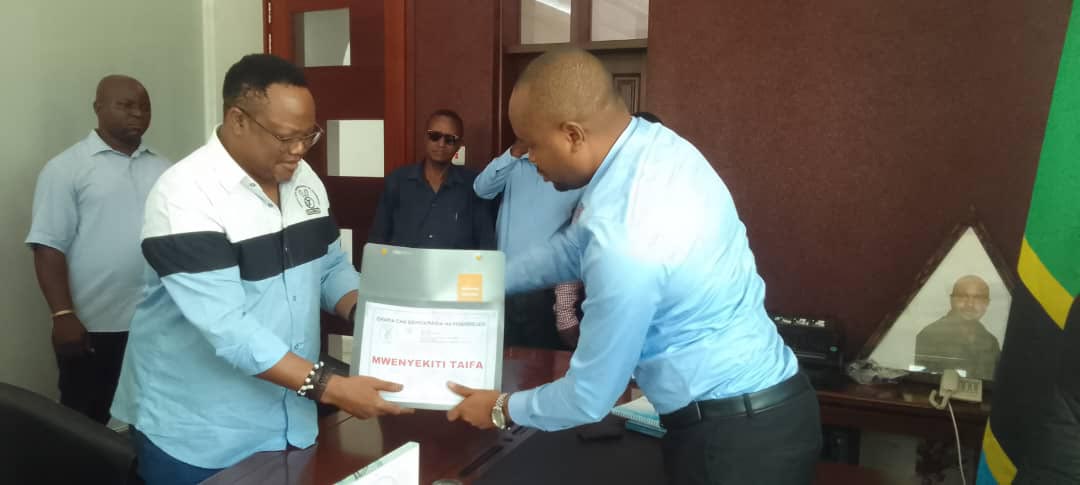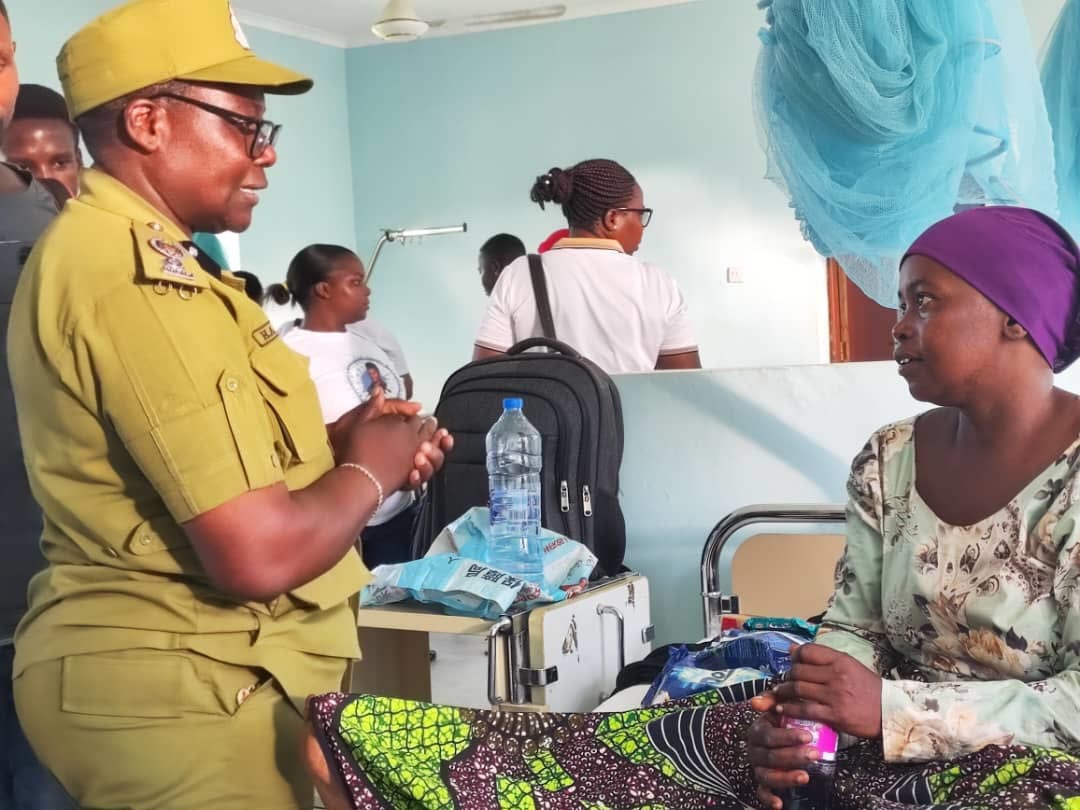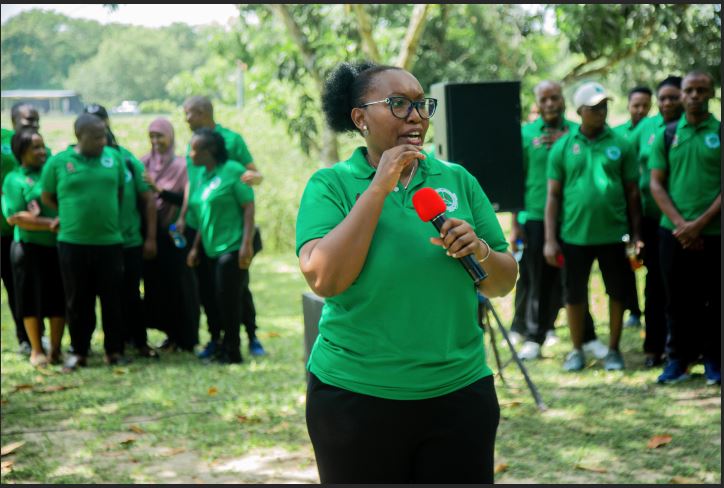Shortage of medicine, high prices undermine cancer care in Nigeria

THE National Institute for Cancer Research and Treatment (NICRAT) has expressed concern that delays in treatment approvals, shortages of essential drugs and affordability issues significantly undermine effectiveness of cancer care interventions in Nigeria.
In a presentation at the 8th Annual Conference of the Association of Nigerian Health Journalists (ANHEJ) in Abuja this week, Prof. Musa Gombe, Director of Clinical Services at NICRAT, highlighted the ongoing challenges.
The conference, themed ‘Sector-Wide Approach Effectiveness in Addressing Poor Health Outcomes: The Role of the Media’ brought attention to critical healthcare concerns affecting Nigerians, with cancer care at the forefront.
Prof. Gombe discussed how the Nigerian government's efforts to use NICRAT as a catalyst for improving cancer treatment access for low-income Nigerians are being hampered by several factors. A primary issue is the shortage of essential chemotherapy drugs, exacerbated by foreign exchange volatility that affects the availability of medications imported into the country.
“The volatility of the Naira and difficulties in importing essential drugs have significantly impacted the timely availability of chemotherapy medications,” Prof. Gombe said, adding that these challenges continue to slow down the delivery of cancer care.
Despite the hurdles, NICRAT has taken steps to mitigate the impact of drug shortages.
Prof. Gombe revealed that the agency has developed a six-month stock plan for chemotherapy drugs, aimed at ensuring a consistent supply of essential medications, even in the face of currency fluctuations.
“We are working closely with pharmaceutical companies and hospitals across the country to build a more resilient system,” he said. “Our goal is to reduce treatment delays, improve the availability of vital medications, and ultimately make cancer treatment more affordable for patients.”
In addition to addressing drug supply issues, Prof. Gombe stressed the importance of public awareness in the success of NICRAT’s cancer treatment fund.
He acknowledged that many Nigerians are unaware of the fund's existence, which limits its reach and effectiveness.
To tackle this, NICRAT is planning a community outreach campaign to raise awareness about the cancer intervention fund. Prof. Gombe stated that the initiative will involve religious leaders, traditional leaders, and healthcare workers who will inform the public about the availability of financial support for cancer treatment.
“Public education is essential,” he said. “We will work with hospitals, healthcare providers, and local leaders to ensure that the fund is more widely known and that patients are referred to the fund when they need it most.”
Another significant challenge facing cancer treatment in Nigeria is affordability. The high costs of treatment and medications remain a major barrier for many Nigerians, particularly those from low-income backgrounds.
Prof. Gombe highlighted that, even with the intervention of NICRAT, financial constraints continue to limit access to life-saving treatments for a large portion of the population.
“We must address not just the availability of treatment but also the financial accessibility for Nigerian families,” Prof. Gombe remarked. “While we are working on strategies to reduce costs, the challenge remains substantial, and more needs to be done to make cancer care truly affordable for all Nigerians.”
NICRAT is committed to addressing these issues, and although progress has been made, much work remains to ensure cancer treatment is accessible and affordable for all Nigerians, especially the underprivileged.
Through collaborations with healthcare providers and increased public education, the goal is to strengthen Nigeria’s cancer care infrastructure and provide hope to those affected by cancer.
The role of the media in educating the public and holding the government and health organisations accountable was also underscored at the conference.
Prof. Gombe emphasised the need for the media to continue playing a critical role in advocating for better cancer care and in spreading awareness about the available resources and funding for cancer patients.
Top Headlines
© 2024 IPPMEDIA.COM. ALL RIGHTS RESERVED















